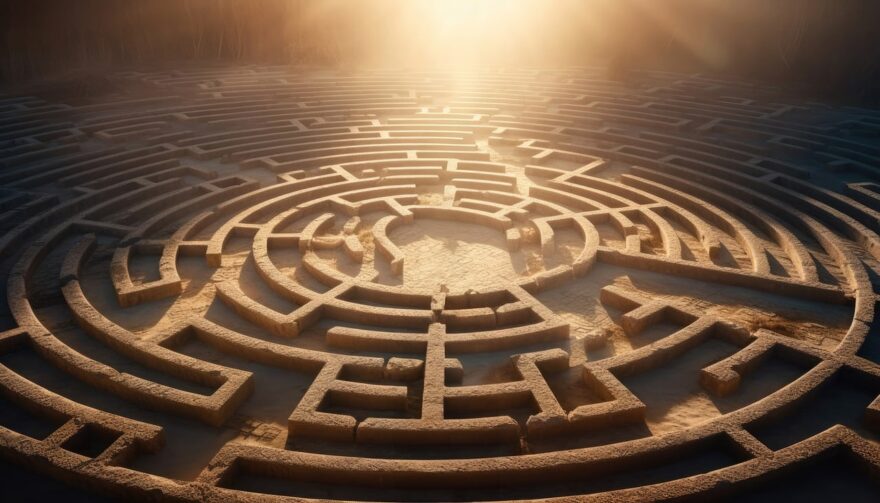The hard road to grandparents visitation rights
Scenarios which affect grandparents visitation rights
May 28, 2010What to do if you are seeking custody of your grandchildren
June 1, 2010 Grandparents often face a hard road in getting their rights.
Grandparents often face a hard road in getting their rights.
In the USA grandparents have always had limited rights to visitation and custody of their grandchildren, and in 2000 the US Supreme Court limited these rights even further through its decision in the case of Granville vs. Troxell. Currently the laws vary in each state. It isw important to understand, however, that there are still some situations where a grandparent may have legal rights to a grandchild.
Some state laws do not recognize grandparents as appropriate parties to seek custody, so they generally have limited rights to do so. Unless a state law grants them specific rights to petition the court, grandparents cannot attempt to gain custody of their grandchild. In some states it is permitted for a grandparent to seek custody. You can find out what the specific rules are in your state by visiting The Custody Center.
A grandparent can petition the courts for guardianship of his grandchild if there is an emergency to justify it, the parental rights of the parents have been terminated or if the child has been living with the grandparents for an extended period of time due to the lack of care by the child’s parents. Although being appointed as a guardian does not automatically include legal custody, guardians are eligible to petition the court for full custody of a child. To find out how these guardianship issues work visit The Custody Center.
Grandparents visitation rights is one area where grandparents can petition the court to give them access to the child in most any state. Typically, in order for the court to grant visitation to the grandparents, they must establish that the parents of the child are either divorced, separated or are planning to divorce, or that the child’s parent has passed away. No matter which situation applies, the grandparent must prove that the custodial parent’s decision to not allow visitation with the grandparent does not create the risk of harm, either physically or emotionally, to the child.



